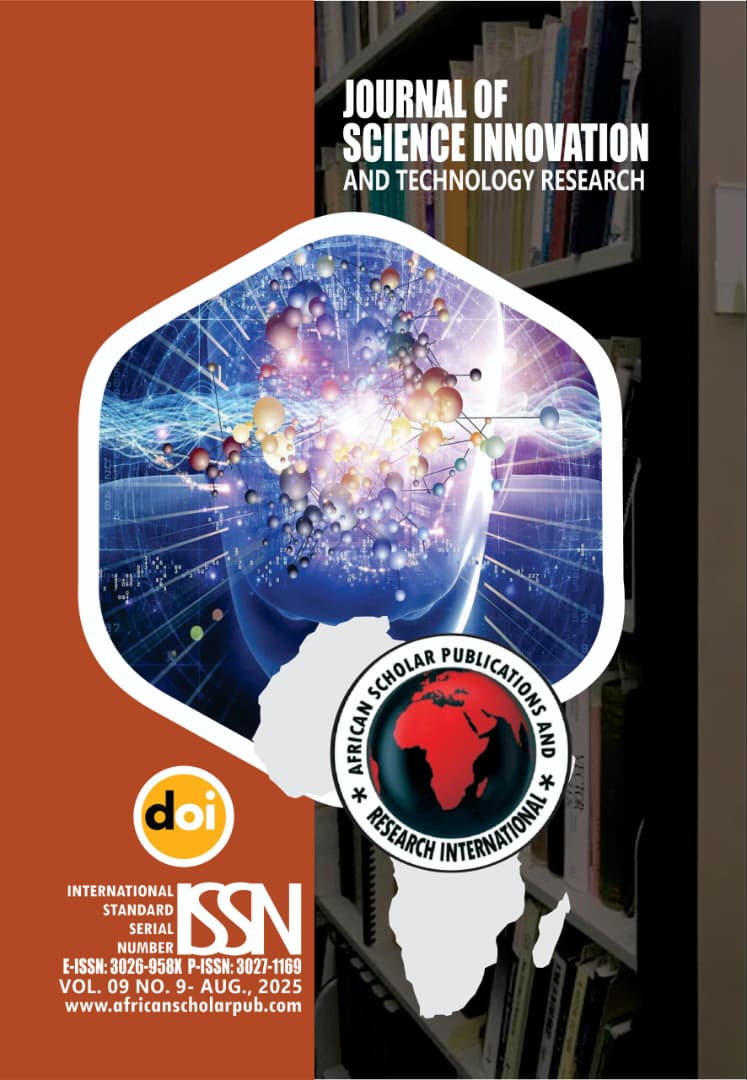Community-Centric Cybersecurity Education for Low-Literacy Users in Northeast Nigeria
Abstract
Cybersecurity is a critical concern for individuals who rely on digital technologies for daily activities such as communication and financial transactions, particularly in underserved regions. In Northeast Nigeria, where digital literacy is low and formal education is limited, ordinary users are especially vulnerable to cyber threats such as phishing, identity theft, and social engineering. To address these risks, this paper presents a community-centric cybersecurity awareness enhancement model targeted at users with low literacy levels in this region. A mixed-methods study was conducted involving surveys and focus group discussions with participants across three states; Taraba, Adamawa, and Bauchi. In the first phase, the current cybersecurity awareness level was assessed, revealing widespread misconceptions and risky behaviors. Thereafter, localized training sessions were conducted using simplified materials and local languages. The results showed a significant improvement in the participants’ ability to recognize and respond to basic cyber threats. Notably, users who initially had no prior cybersecurity knowledge demonstrated increased awareness and behavioral change after undergoing the community-centric training. These findings confirm that cybersecurity awareness among low-literacy users can be meaningfully improved through culturally and linguistically tailored interventions.
Keywords:
Cybersecurity awareness, digital literacy, community-centric model, Nigeria, low-literacy users, localized trainingDownloads
ACCESSES
Published
Issue
Section
License
Copyright (c) 2025 Augustine Ndudi Egere, Anas Yunusa Adamu, Aaron Nwokocha (Author)

This work is licensed under a Creative Commons Attribution 4.0 International License.


















